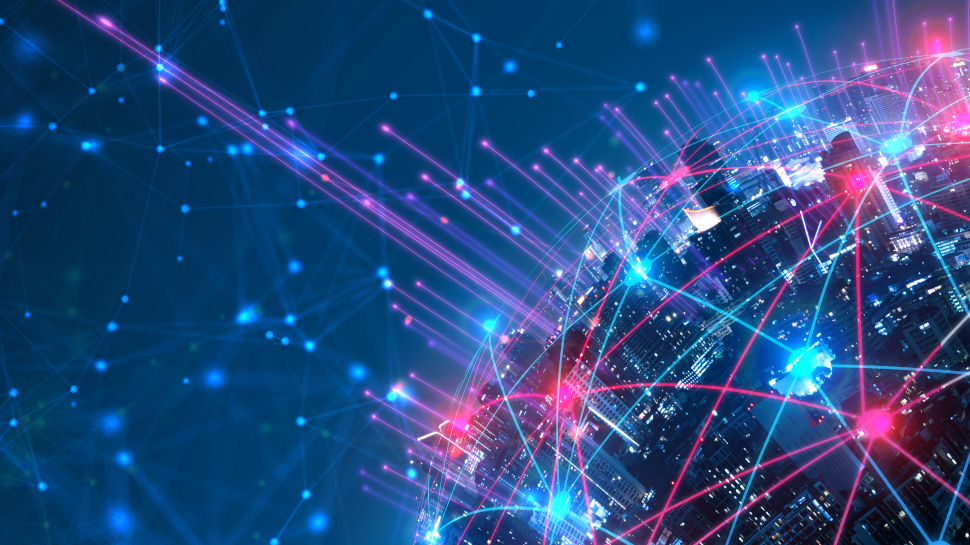This new method could reduce the energy needs of AI applications by 95% — but may also need whole new forms of hardware
But a new method also requires a new type of hardware

- Engineers reveal alternative to floating-point multiplication
- New method could reduce AI energy consumption by up to 95%
- But new calculation method would also need alternative hardware to existing GPUs
As artificial intelligence (AI) technologies evolve, the demand for computing power - and consequently, electricity - has surged, as have concerns about its energy consumption.
Now, engineers from BitEnergy AI offers a potential solution - a new method of computation which could reduce the energy needs of AI applications by up to 95%.
Linear-Complexity Multiplication could apparently reducing the energy needs of AI applications by 95% by changing how AI calculations are performed, moving away from the traditional use of floating-point multiplication (FPM) in favor of integer addition.
From floating-point multiplication to linear-complexity multiplication
FPM is typically used in AI computations because it allows systems to handle very large or small numbers with high precision - however, it is also one of the most energy-intensive operations in AI processing. The precision FPM offers is necessary for many AI applications, particularly in areas like deep learning, where models require detailed calculations.
The researchers claim despite cutting energy consumption, there is no impact on the performance of AI applications. However, while the Linear-Complexity Multiplication method shows great promise, its adoption faces certain challenges.
One significant drawback is that the new technique requires different hardware to what is currently in use. Most AI applications today run on hardware optimized for floating-point computations, such as GPUs made by companies like Nvidia. The new method would require redesigned hardware to function effectively.
The team notes the hardware needed for its method has already been designed, built, and tested. However, this new hardware will need to be licensed and there is no telling how this hardware will be made available to the broader market.
Are you a pro? Subscribe to our newsletter
Sign up to the TechRadar Pro newsletter to get all the top news, opinion, features and guidance your business needs to succeed!
Estimates suggest ChatGPT alone currently consumes approximately 564 MWh of electricity daily, enough to power 18,000 US households. Some critics predict that in just a few years, AI applications could consume around 100 TWh of electricity annually, putting them on par with the energy-hungry Bitcoin mining industry.
Via TechXplore
You might also like

Efosa has been writing about technology for over 7 years, initially driven by curiosity but now fueled by a strong passion for the field. He holds both a Master's and a PhD in sciences, which provided him with a solid foundation in analytical thinking. Efosa developed a keen interest in technology policy, specifically exploring the intersection of privacy, security, and politics. His research delves into how technological advancements influence regulatory frameworks and societal norms, particularly concerning data protection and cybersecurity. Upon joining TechRadar Pro, in addition to privacy and technology policy, he is also focused on B2B security products. Efosa can be contacted at this email: udinmwenefosa@gmail.com